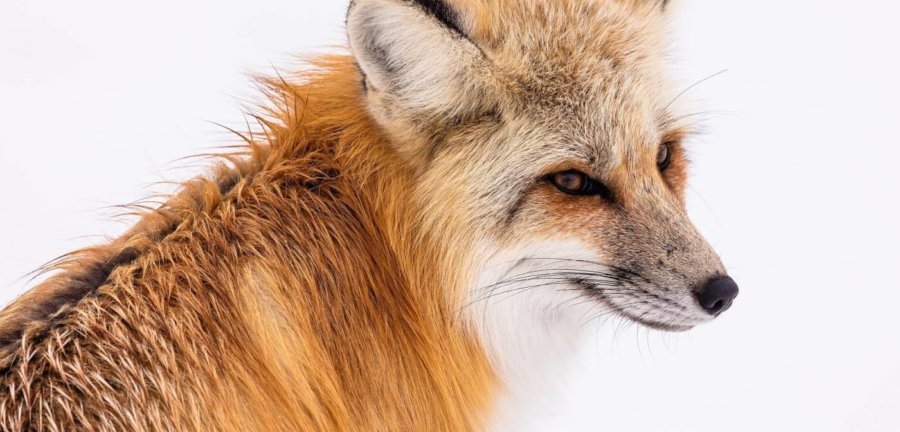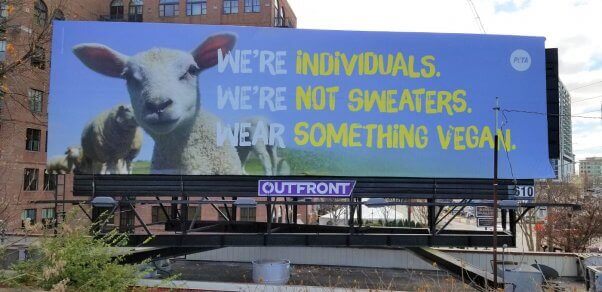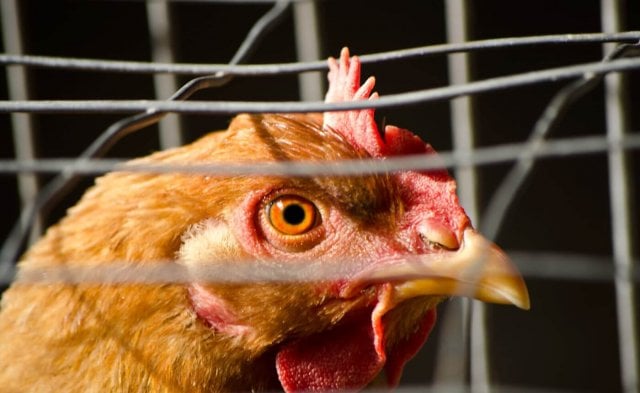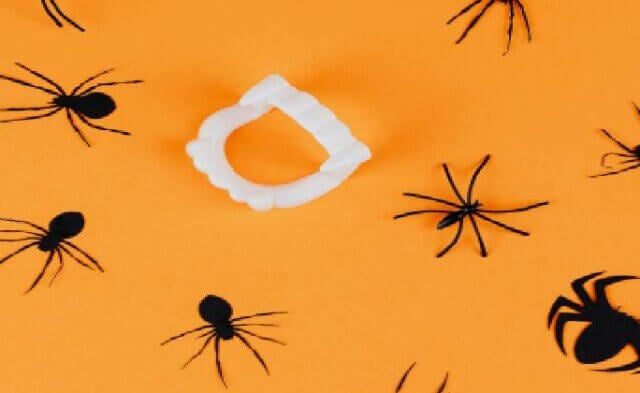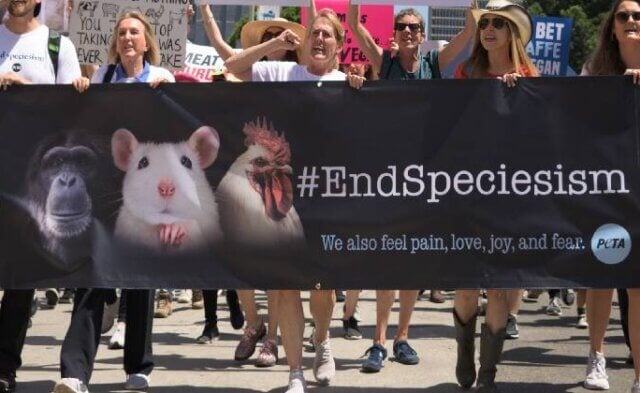As 2018 winds down, we’re taking a few moments to reflect on the year’s biggest accomplishments for animals, highlighting PETA’s victories that are saving animals’ lives and stopping some of the worst abuse that they face. To kick off this series, there’s no better place to start than the clothing industry, which rejected cruelly produced fashion in a resounding way this year.
For decades, PETA has been leading disruptions on runways, placing powerful advertisements, meeting with scores of designers and retailers, and encouraging millions to take action to stop the use of animals for their fur, skin, and feathers. But 2018 looks to have been a major turning point.
This year, top designers—including longtime PETA targets Donatella Versace and John Galliano—denounced fur and said that they’ll no longer use the cruelly obtained material. InStyle made history when it became the first major fashion magazine to ban ads for and photos of fur, and the cities of Los Angeles and San Francisco banned fur sales following PETA rallies and appeals. With determination, we’re putting the final nails in the fur industry’s coffin, sparing foxes, minks, chinchillas, and other animals a miserable life and violent death.
Not all victories take decades, though. When PETA released a first-of-its-kind video exposé of the mohair industry in May, revealing that workers dragged, roughly handled, threw around, and cut the throats of terrified angora goats in South Africa—the world’s top mohair producer—clothing companies and retailers around the world took notice. In a matter of months, over 340 of them pledged to stop selling mohair after learning from PETA about the abusive industry. We began contacting brands before the exposé was released, and several of them—including Arcadia Group, Gap, and H&M Group—immediately pledged to stop sourcing mohair. Others, like Anthropologie and Forever 21, banned it after facing pressure from thousands of PETA supporters, and the list has grown from there. Following the exposé, South Africa’s National Council of Societies for the Prevention of Cruelty to Animals filed the first-ever cruelty-to-animals charges against mohair industry workers.
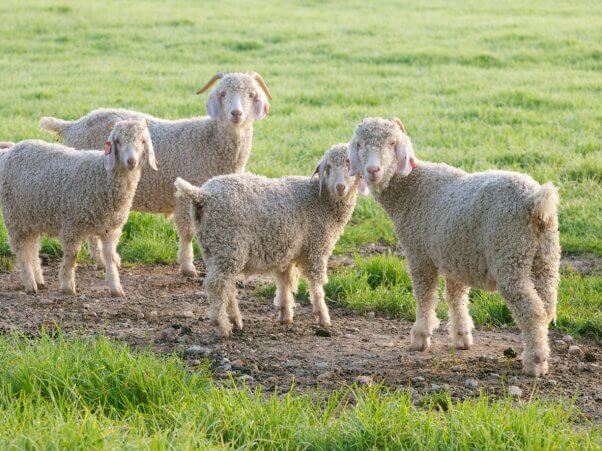
©iStock.com/Byronsdad
We’re making tremendous progress for animals abused for the fashion industry, but there’s more work to do. This winter, PETA is organizing dozens of protests in order to inform consumers about Canada Goose’s cruelty to coyotes and geese who are killed for the company’s fur-trimmed and down-filled jackets. And in the wake of two more eye-opening exposés of the wool industry, we’ve placed ads across the country encouraging holiday shoppers to “wear something vegan” and leave any items made with wool, leather, or other animal-derived materials on the shelves.
You can help us secure even more victories for animals in the fashion industry by making a gift to PETA today. And be sure to join PETA’s Action Team to learn about more ways to help animals.
Stay tuned later this week for a look at this year’s victories for mice, rats, rabbits, and other animals used in experiments and to learn how PETA is leading the global effort to end the killing of animals in laboratories.

